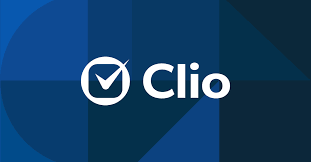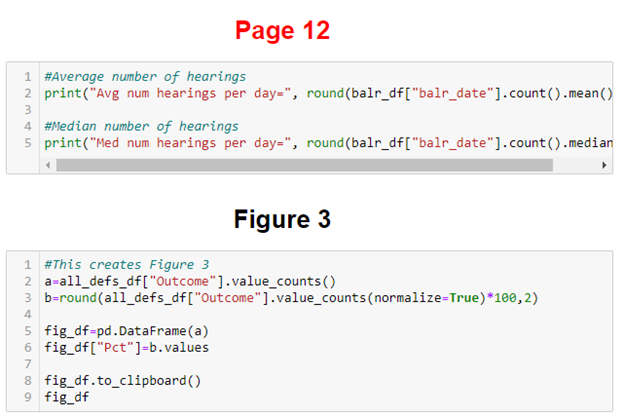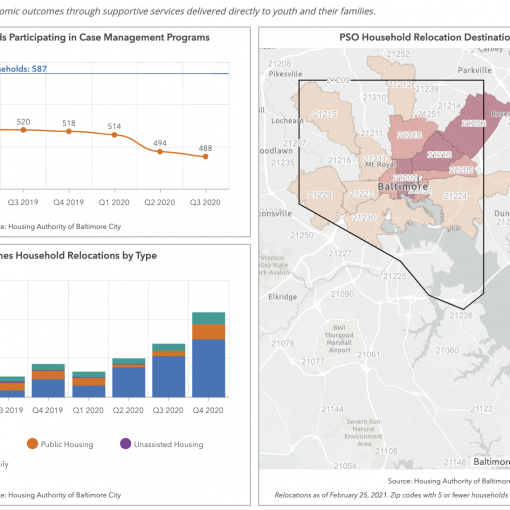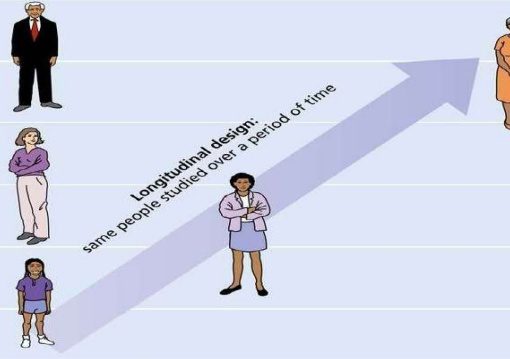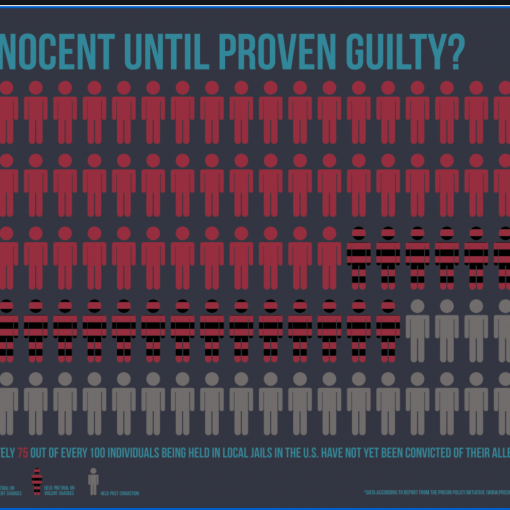As a third-year law student, I have spent much of my last three years improving my writing skills; however, I still find that I express myself better orally. Perhaps this is because of tone, enunciation, or other aspects unique to the oral verbalization of words. It may also be due […]
Blog
Throughout the clinic, we have constantly used python to perform data analysis. Usually, the data analysis we performed concerned identifying trends made from other people; rarely ever did we look at our own data trends. With just a few changes, python can allow for us to see our own […]
This post provides a disgruntling update to the judicial accountability bill mentioned in my previous post, titled House Bill 271 Could Tell Us Which Judges Make the Naughty List and Which Make the Nice List. [1] House Bill 271 unfortunately died early in the process, but it was originally intended […]
By: Jillianne Trotter Maryland could take a small but significant step towards systemic justice this legislative season by passing HB 271, which would require county clerks to record onto Case Search the name of the judge or magistrate who presides over a case. [1] Adopting a uniform process will aid […]
If you have ever read a scholarly article, whether in a medical journal or law review, you know that they are replete with citations. Citations are the lifeblood of academic discussion; without them, assertions based on facts become mere unsubstantiated opinions. The ability to effectively cite data is central to […]
When the average person hears the word coding or programming, they think of people who sit behind computers all day, staring at a blank screen, viewing random numbers cascade across the screen like a scene out of The Matrix. However, this is not the case–learning code is doable […]
Throughout the past few weeks, my colleagues and I have had a discussion surrounding the use of facial recognition technology in the legal world. This discussion has evolved over time, and we arrived at discussing the different values that the technology has such as security and safety, accountability, advancement, etc. […]
Welcome back to the third iteration of the Legal Data and Design Clinic! This semester, the LDDC will continue to be led by Colin Starger, Associate Dean for Academic Affairs at the University of Baltimore School of Law and the Director of the Legal Data and Design Clinic. He will […]
“When… data is organized, processed and given a context, it [becomes] information. It is this information that is… critical in decision making.” Baltimore Neighborhood Indicators Alliance’s (BNIA) goal is “to strengthen Baltimore neighborhoods by providing meaningful, accurate, and open data at the community level.” One way BNIA brings this information […]
Google and Oracle have been involved in a legal dispute since the mid aughts. Back in 2005, Google acquired Android in order to build a new software platform for mobile devices, such as phones and tablets. In order to make development relatively easy for their developers, Google copied over 11,000 […]
Earlier this year, The Legal Data and Design Clinic assisted the Office of the Attorney General by providing testimony in support of House Bill 0580, which opposed driver’s license suspensions for child support arrearages. The rationale behind suspending licenses due to nonpayment of child support is that it would […]
Introduction To drive any data-driven research project in the right direction, framing the research question properly is the first fundamental step. A key decision that goes into the framing of a research question is to decide how the data should be tracked. This requires some keen observations on the part […]
On March 9, UB Law in Focus held a live webinar entitled “Google Eyes and Big Brother Lies: Data, Privacy and Algorithmic Justice” as part of an ongoing discussion series. The webinar was moderated by the LDDC’s own Professor Starger, and included a panel of experts in technology and law: […]
Criminal legal reform is at the top of the list for the Biden administration. This comes as no surprise as part of Biden’s presidential campaign platform promised reducing the United States’ unreasonable reliance on incarceration, correctional supervision, and fines and fees associated with the criminal justice system. It is also […]
A startup company is generally one that is just getting off the ground, and it usually has high costs and a small amount of revenue. In order to maintain operations, many startups seek capital from friends, family, venture capital, crowd sourced funds and loans. When developing their identity startups must […]
The year is 1994, CompStat is introduced, in part, as an answer to “limited communication” and a “lack of up-to-date information” within the NYPD, which made a “thorough analysis of crime patterns practically impossible.” The program would go on to allow “timely crime statistics to push precinct commanders to greater […]
On January 17th, the Legal Data and Design Clinic (LDDC) had the pleasure of welcoming Joe Spielberger, an attorney with the ACLU of Maryland and author of the recently published report Chasing Justice: Addressing Police Violence and Corruption in Maryland, to the weekly seminar. Mr. Spielberger and the LDDC engaged […]
Across our nation, courts have jailed increasing numbers of people, mostly black who are awaiting trial. In layman’s terms, courts are putting innocent people in jail for months or years just because they can’t afford to pay their bail. Bail reform legislation has been introduced in Maryland every year since […]

